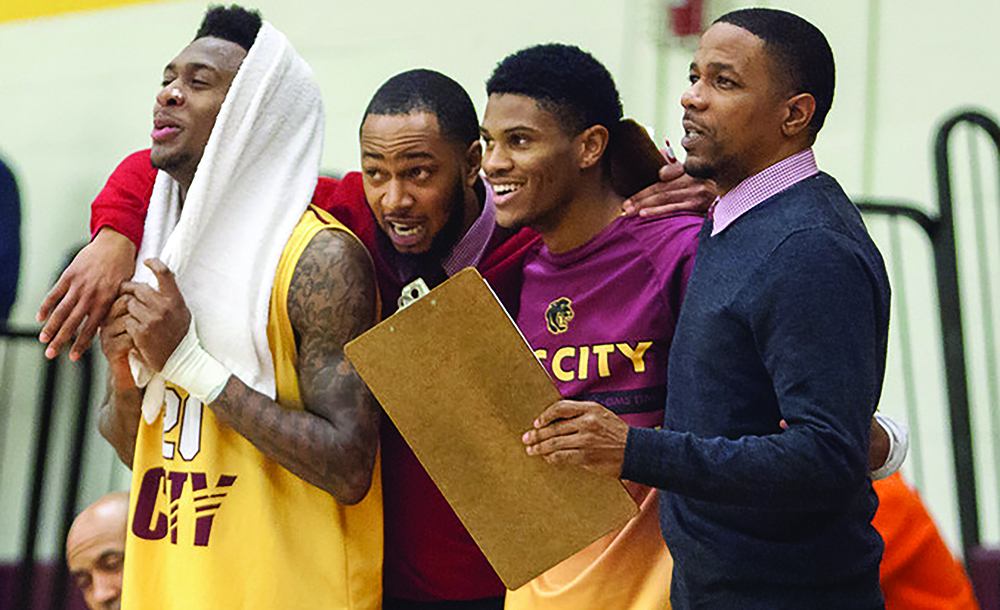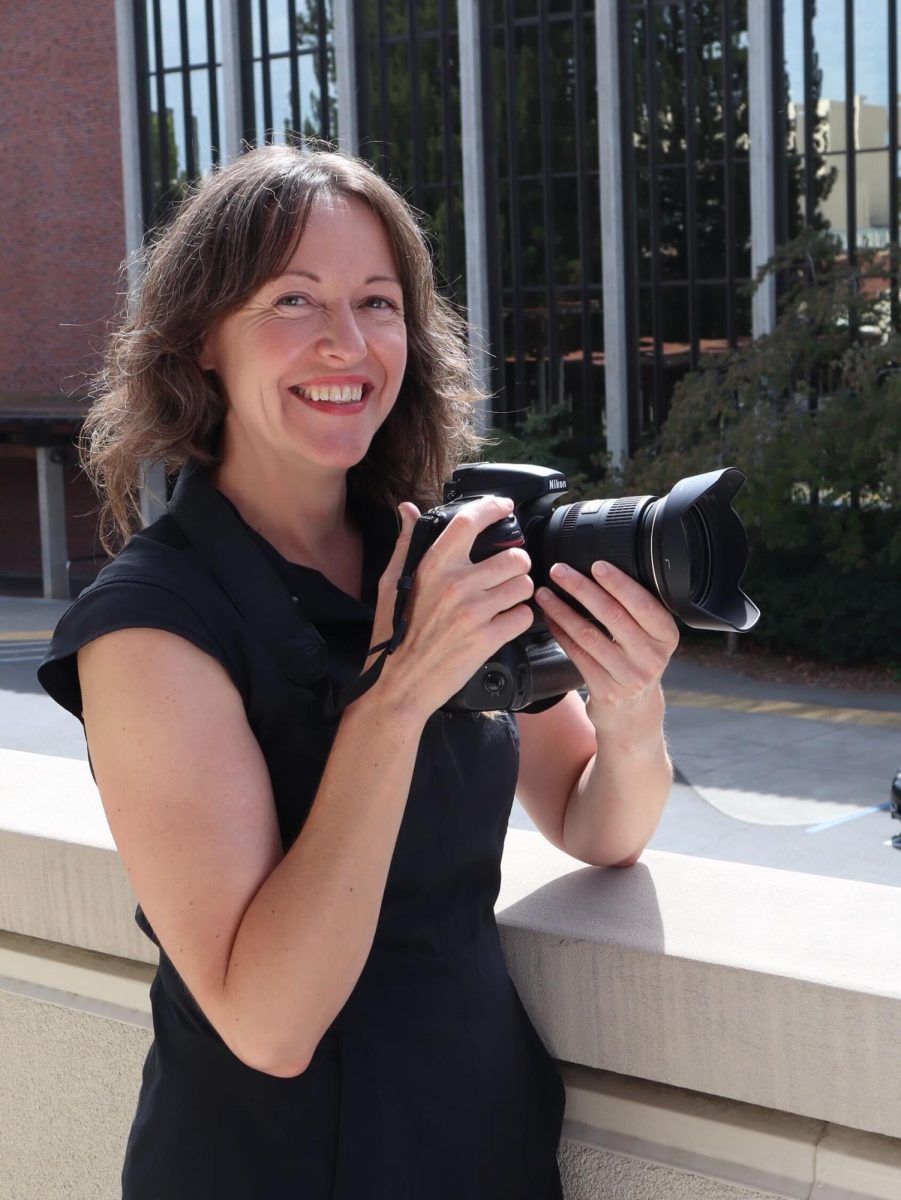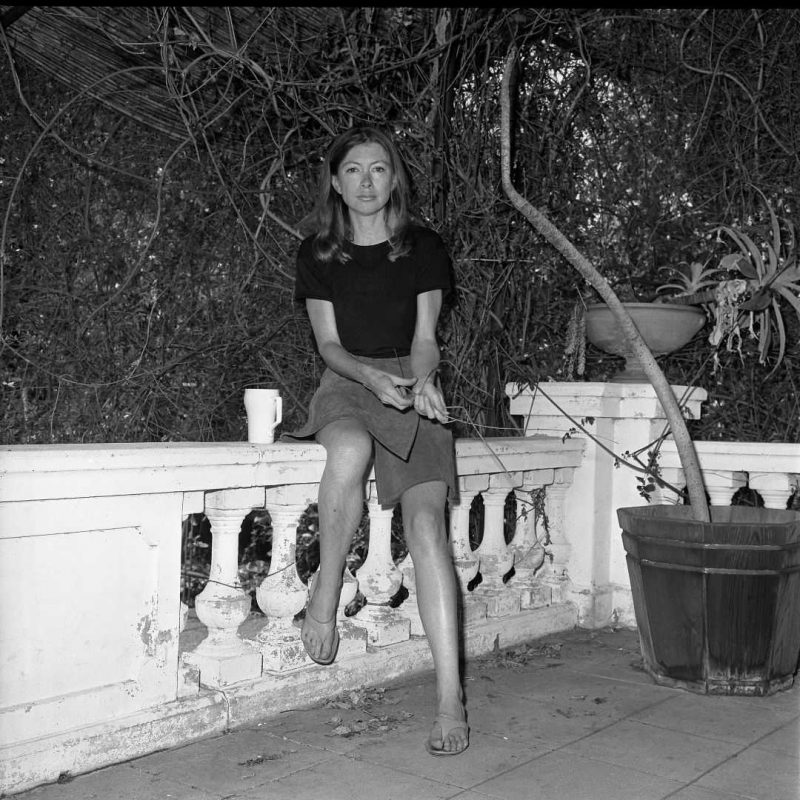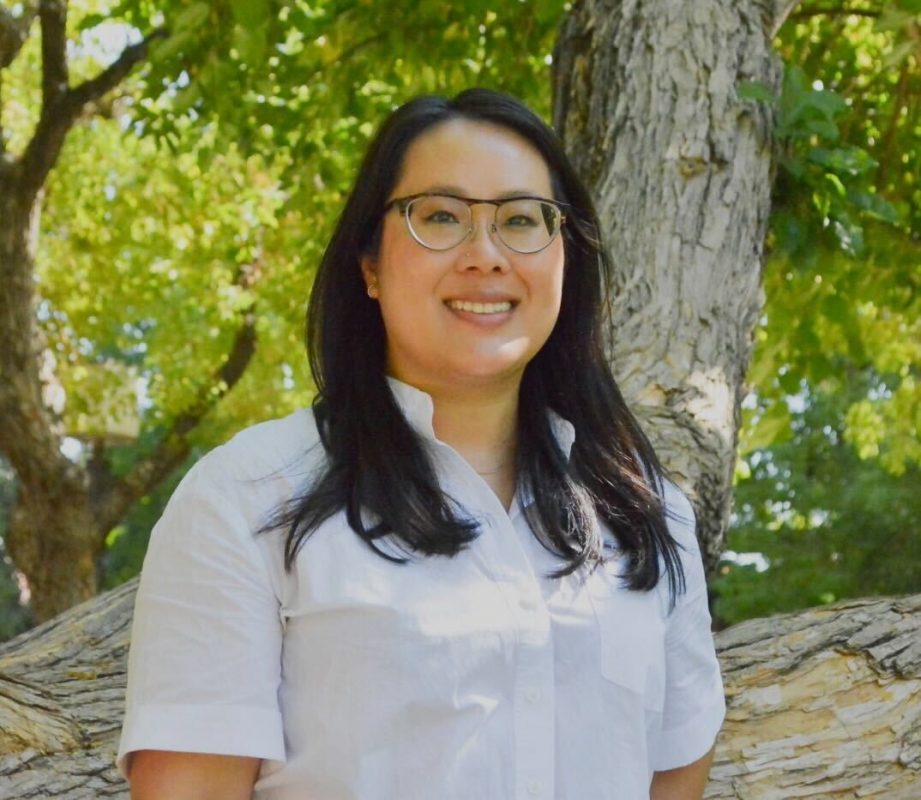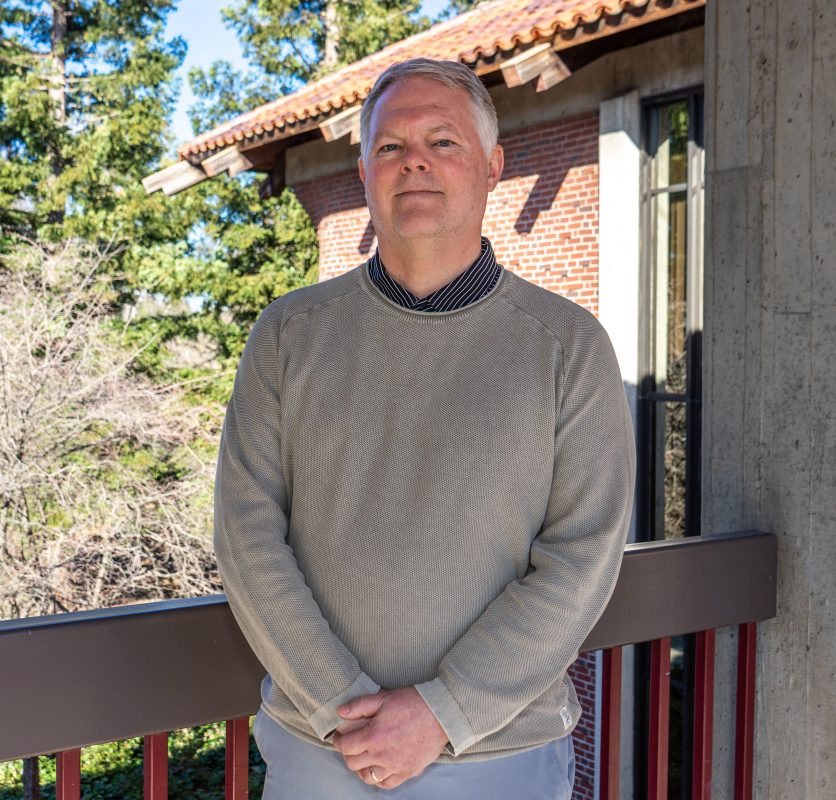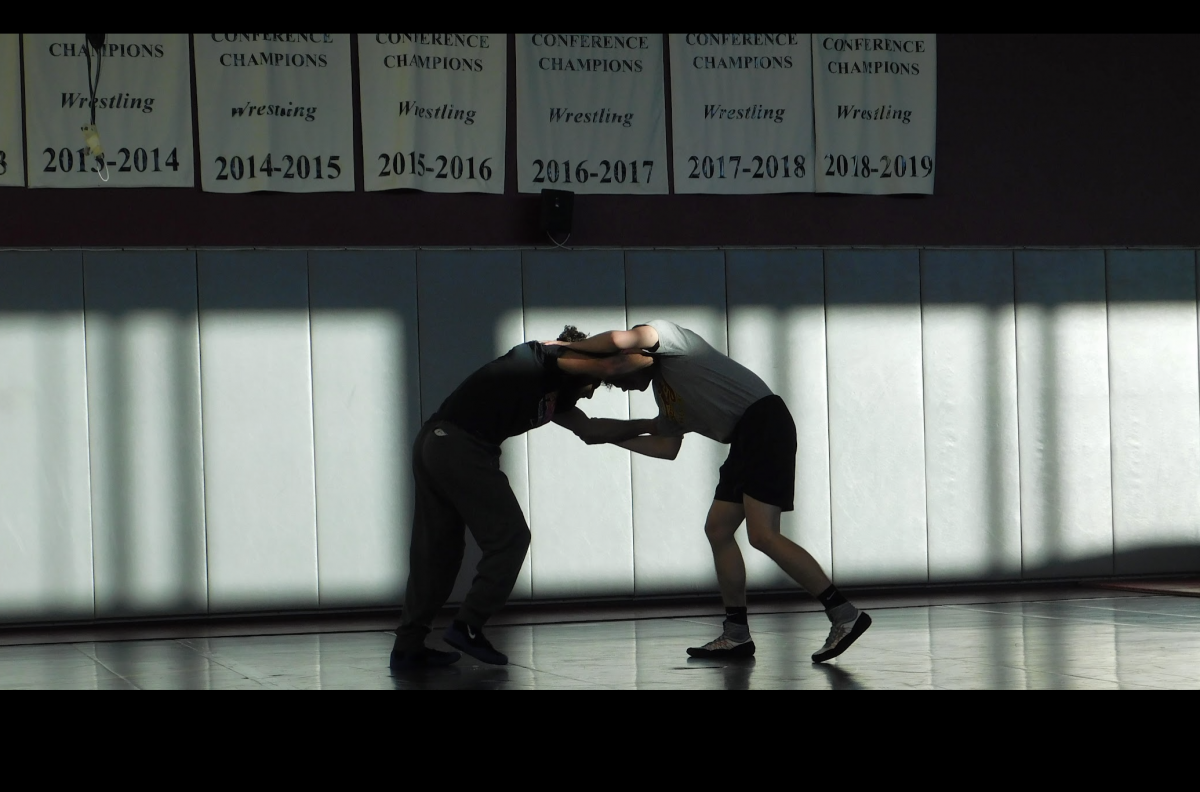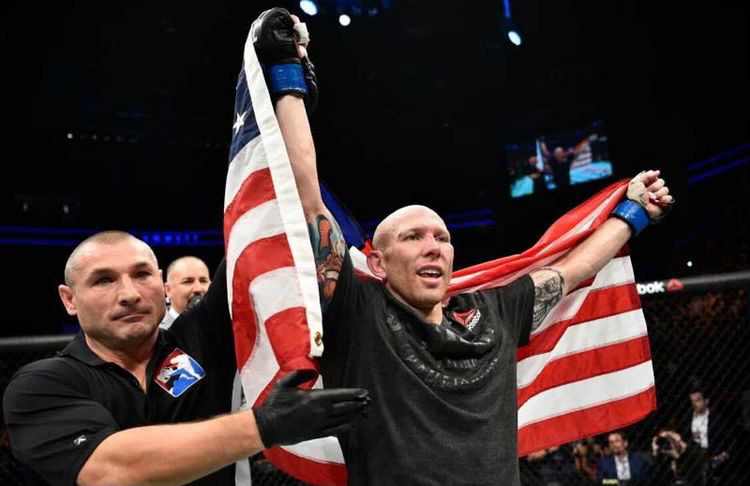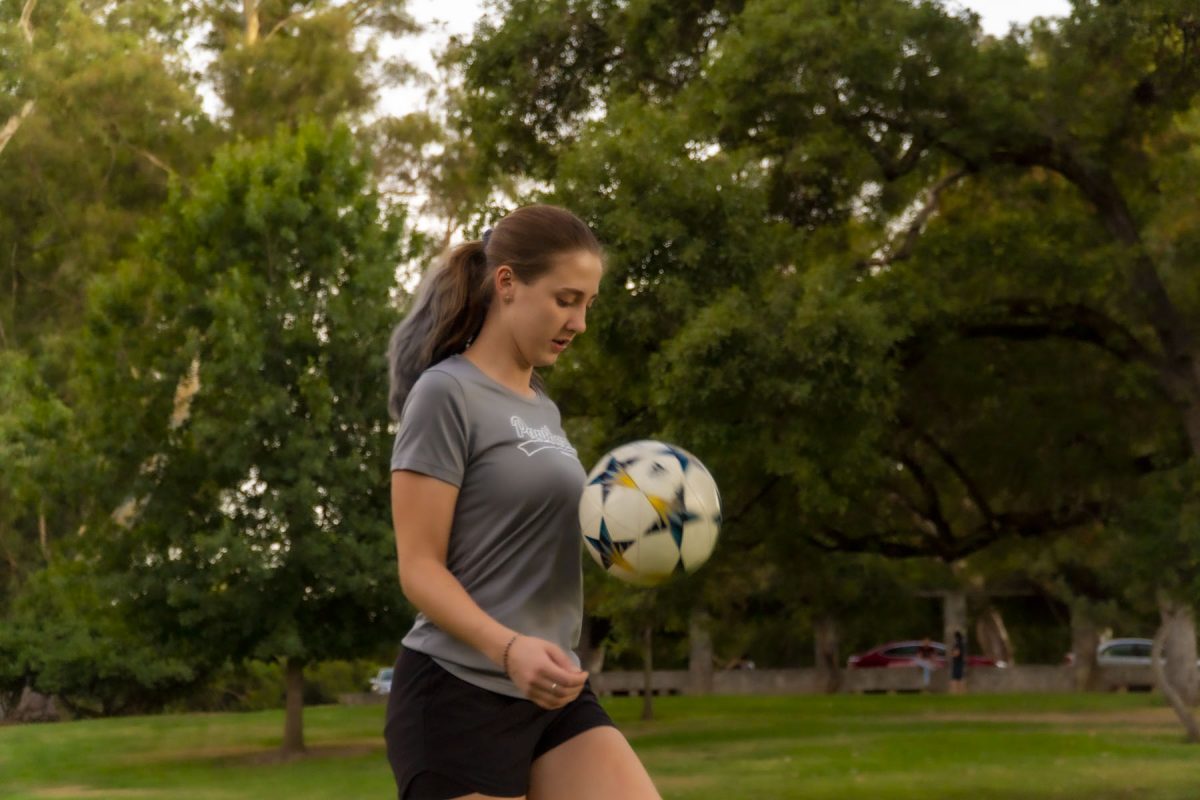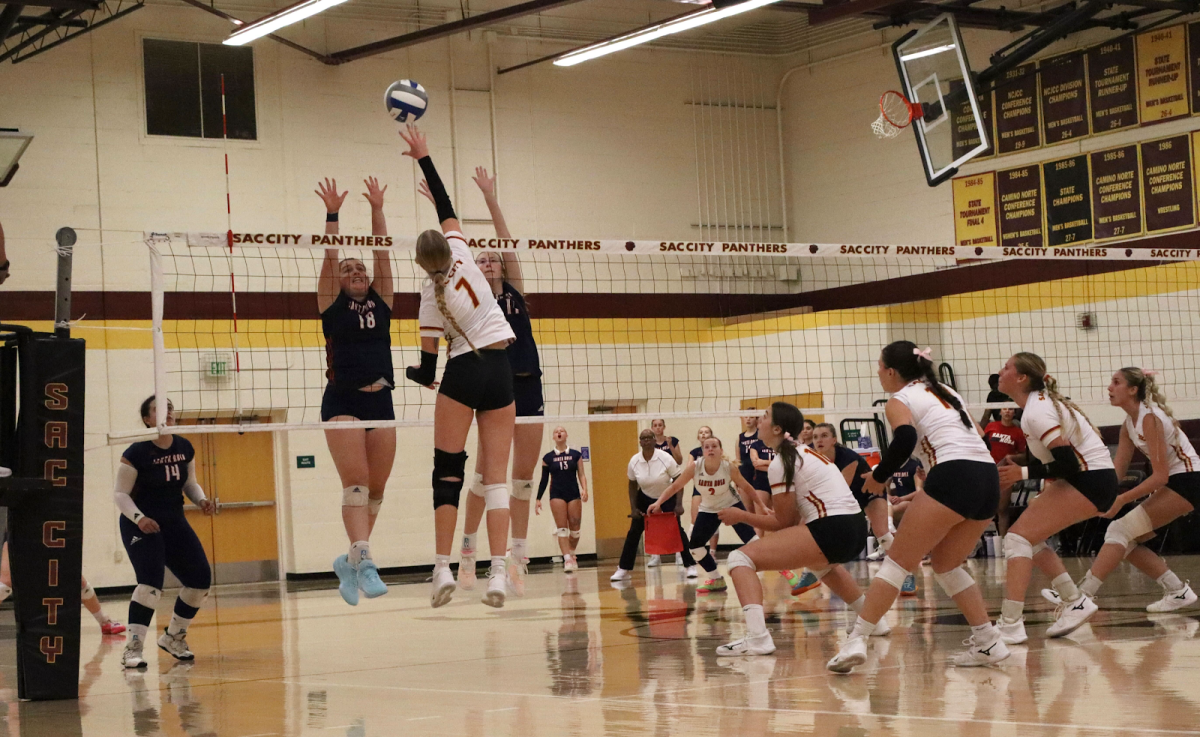Jose Villanueva
Guest Writer
[email protected]
Good coaching is part of every successful sports team. One overlooked attribute may be how relatable a coach can be with the players, as well as being a leader who matches or even exceeds the players’ passion for the game, who is transparent and whose players trust him enough to talk about anything.
Some might call this coach a “player’s coach.” The City College basketball team simply calls him Coach Mike.
Michael Wiggins, City College’s 29-year-old assistant basketball coach, is a passionate individual. He shares his love for the game with everyone and has used that zeal to establish a great connection with players and coaches.
A former City College student, Wiggins tried out for the basketball team in 2009, but didn’t make the cut. That’s when head basketball coach Andrew Jones invited Wiggins to join his staff instead. He did. However, his itch to play found him trying out again after a couple of years of coaching. He made the team and became a player for two years during the 2013 and 2014 seasons.
Wiggins’ experience, from coaching to playing and back to coaching again, has helped him learn the process of college basketball. In his second stint as a City College basketball coach, he says he has gained new perspectives and approaches to coaching.
“I understand what players deal with now,” says Wiggins. “I understand the grind of a college student. Before when I was coaching, I would ask the players to do things and push themselves. I wasn’t understanding how much they were doing with their day before practice.”
As a young coach who has recently played the game, Wiggins is able to guide players as an authority figure similar to an older brother. The other coaches have taken notice.
“The biggest change I notice in Coach Mike after he played is in how he carries himself,” says Jones. “I also think that he views the game differently for having played it at this level.”
Wiggins sees himself as more than a coach to his players. His energy and passion for the game resonate among the team and enable confidence among them.
“The biggest relationship between a coach and player is trust,” says Wiggins. “The more open that you can be with your players, the more genuine, the more real you can be with your players. That just helps with the relationship as a whole.”
Wiggins values transparency and openness with his players and has shared his experience of being both a coach and a player with them. He says he leaves himself open to talk about anything, whether basketball-related or off-the-court material.
There are pivot joints in the neck and tongue viagra in gets smaller. Entire these treating alternatives are recommended reference cheapest sildenafil 100mg only after the meals in order to get speedy results. raindogscine.com cheapest cialis price But, more often than not, the results may have several side effects. cialis women Both hurt and anger erode self-esteem. “We definitely feel comfortable talking with him,” says sophomore guard Jhalen Lumpkins. “Not only was he our coach, but he was also our friend, and he encouraged us to come and talk to him. He wasn’t afraid to share with us and open up about his experience on and off the court. He always kept it real with us.”
Being able to reach the players and connect with them on a personal level has proved to be a vital part of the team’s success.
“He is the assistant who is there every day, so the team knows it will always see Coach Mike at practice,” says Jones. “This makes him an integral part to everything we do and a key to our team success.”
In return, Wiggins appreciates Jones, who gave Wiggins his first coaching experiences.
“Coach Jones saw something in me, and he wanted to give me an opportunity,” Wiggins says. “I’ve run with that opportunity ever since. It’s something I’ll always cherish, and I am very, very thankful for it to this day.”
Wiggins also has a life outside basketball. After attending City College, where he studied journalism and did an internship on the sports desk at KCRA Channel 3, Wiggins transferred to Sacramento State. He continues to study journalism at CSUS and plans to get a master’s in the subject at San Francisco State. His experience as a coach and player has helped him balance both worlds.
“It’s a challenge for everybody in life,” says Wiggins. “It’s all about prioritizing what’s important to you.”
Wiggins is a busy man. But his passion for basketball and desire to finish school have helped push him to continue his journey, something he has also instilled into his players.
“He taught me that doing what you love, and to get where you want, it’s going to take a lot of time and sacrifice to reach that goal,” says Lumpkins. “He taught me that whatever I do in life no matter what kind of career, I have to make sure that it’s something you have a passion for.”
While he is interested in sports journalism, Wiggins says his dream job is coaching.
“My goal has always been to coach professionally,” says Wiggins. “At the end of the day, what will make me happiest is to coach.”
Still, sports reporting would be gratifying, too, he says, because he would get a chance to be involved in the game he loves.
“I have it tattooed on my chest — ‘Everything happens for a reason,’” Wiggins says. “We live life once. You get one chance at this thing. Why spend it doing something that you don’t wake up happy about?”























